INTRODUCTION:
Rotating Equipment is a term generally used in the oil and gas and process industries to describe mechanical components that use kinetic energy to move fluids, gases, and other process materials. These include, but are not limited to, engines, compressors, turbines, pumps, generators, blowers, and gearboxes. While rotating equipment plays an integral role in most operations, it is often managed separately from fixed equipment because it has different design, maintenance, and inspection requirements.
Electric Motor Health Monitoring
IMMUSCO has an extensive range of Advanced Non Destructive Testing solutions
IMMUSCO cerified personnel have the skills and years experience to provide high quality advanced non-destructive testing services
IMMUSCO operates an ISO 9001:2015 Quality management system with full traceability to all aspects of our services.
SNT-TC-1A CP-189
EN 1711
ASME Bov Code Section VW (Pressure Vessel) ASME B31.1 & B31.3 Piping)
AWS D1.1 (Structure Integrity)
Pump Performance & Health Monitoring
Condition monitoring is the process of monitoring a parameter of
condition in machinery (vibration, temperature etc.), in order to identify a significant change which is indicative of a developing fault. It is a major component of predictive maintenance. The use of condition monitoring allows maintenance to be scheduled, or other actions to be taken to prevent consequential damages and avoid its consequences. Condition monitoring has a unique benefit in that conditions that would shorten normal lifespan can be addressed before they develop into a major failure. It detects a large range of defects in rotating machinery, as well as providing diagnostic capability.
Following inspection are performed to diagnose the pump’ health and performance
Gearbox Inspection
Condition monitoring is the process of monitoring a parameter of condition in
machinery (vibration, temperature etc.), in order to identify a significant change which is indicative of a developing fault. It is a major component of predictive maintenance. The use of condition monitoring allows maintenance to be scheduled, or other actions to be taken to prevent consequential damages and avoid its consequences. Condition monitoring has a unique benefit in that conditions that would shorten normal lifespan can be addressed before they develop into a major failure. It detects a large range of defects in rotating machinery,
as well as providing diagnostic capability. Following inspection are performed to diagnose the health
Industrial Fan Inspection
Vibration Monitoring is a key condition monitoring technology.
It detects a large range of defects in rotating machinery, as well as providing diagnostic capability. Portable products allow you to measure many machines, ranging from a simple vibration meter
to a multichannel diagnostic analyzer. Following test are performed to diagnose the Industrial Fan’ health
Pipeline Inspection
Piping systems used in process and other similar sectors are subject to constant pressure and crunches under the conditions of normal use and handling. These types of operating conditions can cause leaks or spills that may have various critical impacts on plant operators, including the interruption of regular operations, repair and clean-up charges, and possible fines connected to environmental pollution.
API 570 applies to piping systems that involve process fluids, hydrocarbons, chemical products, natural gas, high-pressure gasses, and other flammable or toxic fluids. Some piping systems such as fluid services operating below a certain threshold or fluid services involving water are optional in regards to API 570 requirements. Furthermore, fitness-for-service assessments and risk-based inspection are accepted methods under API 570 for evaluating on-stream piping systems and pressure containing components.
IMMUSCO provides an extensive Pipeline In-Service Inspections program for plant operators to detect potential risks, thereby allowing to ensure continuing operations and increased productivity.






 Novotest - NDT
Novotest - NDT
 HKDQTECH - Thermal Imagers
HKDQTECH - Thermal Imagers
 UE Systems - Tools
UE Systems - Tools